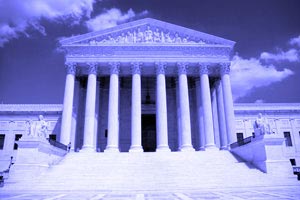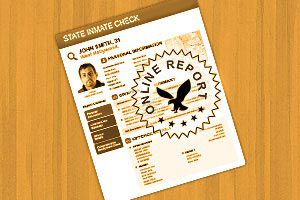New Hampshire Public Records
In accordance with the New Hampshire Right to Know Law, this website provides every person living in New Hampshire with the right to obtain, examine, and search for public records. The act specifies that all records and government information are presumed public and available to citizens.
The goal of this website is to provide New Hampshire state citizens with easy access to state public records in an efficient and concise manner, without requiring a reason for the request or revealing any personal information, and to provide requested records that are not confidential.
The records presented on this site contain information on criminal records, court records, and vital records and include over 12 million transparent public records.
Are New Hampshire Records Public?
Most of the records created and stored by government agencies are classified as public records. The New Hampshire Right to Know Law (RTKL) defines public records as information created or obtained on behalf of public bodies or agencies while performing official functions. Public records or government records include written communications and other information in paper, electronics, and any other physical form.
What is Considered Public Information in New Hampshire?
Records considered public records in New Hampshire include the following:
- Inmate records
- Property records
- Court records
- Arrest records
- Bankruptcy records
- Sex offender information
The New Hampshire Right to Know Laws grants access to all non-exempt public records maintained or controlled by public agencies. This means anyone who contacts the custodian of these public records during appropriate office hours may inspect or copy public records. The law defines copying as reproducing original records by whatever method, including but not limited to photography, photostatic copy, printing, electronic or tape recording. Public records come in many forms, including written, audio, visual, and electronic. Records created and maintained in digital or electronic form must be kept for the same retention or archival periods as their paper counterparts. Public agencies and bodies shall keep and maintain all government records in their custody at their regular office or place of business.
How Do I Find Public Records in New Hampshire?
The RTKL states that each public body or agency shall, upon request for any governmental record reasonably described, make it available for inspection and copying. The records must be made available as soon as they can be for this process. Requesters may inspect or acquire copies of the record using a few easy steps.
- Determine the record you require and the agency in custody
First of all, a requester must determine the scope of the request by deciding the exact records or documents required and who has them. For instance, court records would be in the custody of the clerk of the court where the case was heard. Records like property records would be in the custody of a county’s recorder or register of deeds. Locating the right agency and its records custodian helps prevent a waste of time and effort as a result of erroneous and misdirected requests.
- Contact the records custodian.
All public bodies and agencies are expected to appoint a custodian to handle the public record requests. Normally, contact information for this records custodian can be found on the agency’s website. Where this is not the case, a requester may call the agency and inquire about who to contact about public records requests. When you get these details, a good idea would be to call the custodian prior to making the request. The requester may ask questions regarding the availability of copies, record formats, and any fees for accessing or copying the records.
- Making the request
There is not a specified method for making the records request, but where available, it is better to use the request form provided by the agency. A written request is also recommended for clarity and accuracy. The request should specifically describe the records required, including the type of record, its format, the required time range if necessary. The requester should make the record as clear as possible to make it easier for the custodian to locate and retrieve the record. The requestor should also add their contact details in case they need to be reached. Interested parties can submit the request in person or by mail.
It is vital to ensure the request is delivered or addressed to the custodian no matter what method is used to submit it. Inspecting records at the custodian’s office is usually free, but requesters should be aware that copies will almost always cost a fee.
Using Third-Party Sites to Find Public Records in New Hampshire
City Records
Public city records may also be accessible from third-party websites. These non-government platforms come with intuitive tools that allow for expansive searches. Record seekers may either opt to use these tools to search for a specific record or multiple records. However, users will need to provide enough information to assist with the search such as:
- The name of the subject involved in the record (subject must be older than 18 or not juvenile)
- The address of the requestor
- A case number or file number (if known)
- The location of the document or person involved
- The last known or current address of the registrant
Third-party sites are not sponsored by government agencies. Because of this, record availability and results may vary.
Public Records
Public records can also be accessed from third-party websites. These third-party public records aggregate websites offer search services that are non-geographically limited, making the search result expansive and typically straightforward. However, users will need to provide enough information to assist with the search, such as:
- The name of the subject involved in the record as long as the subject is not a juvenile
- The last known or location of the record subject
Third-party public records search websites are not government-sponsored services. Therefore, the availability and accuracy of results can vary.
How Do I Lookup Public Records for Free in New Hampshire?
The probability of looking up a New Hampshire Public Record for free will usually hinge on the particular record and record custodian. The two most realistic ways to look up public records for free are to inspect the records in person at the custodian’s office or check online. For instance, a lot of the district courthouses in New Hampshire possess public terminals where citizens can look up public court records for free. The New Hampshire Department of Correction and Department of Safety operate an inmate locator and offender registry that are good places to view free public records. Requesters should also bear in mind that viewing records are free, but copies of the records will usually cost a fee.




